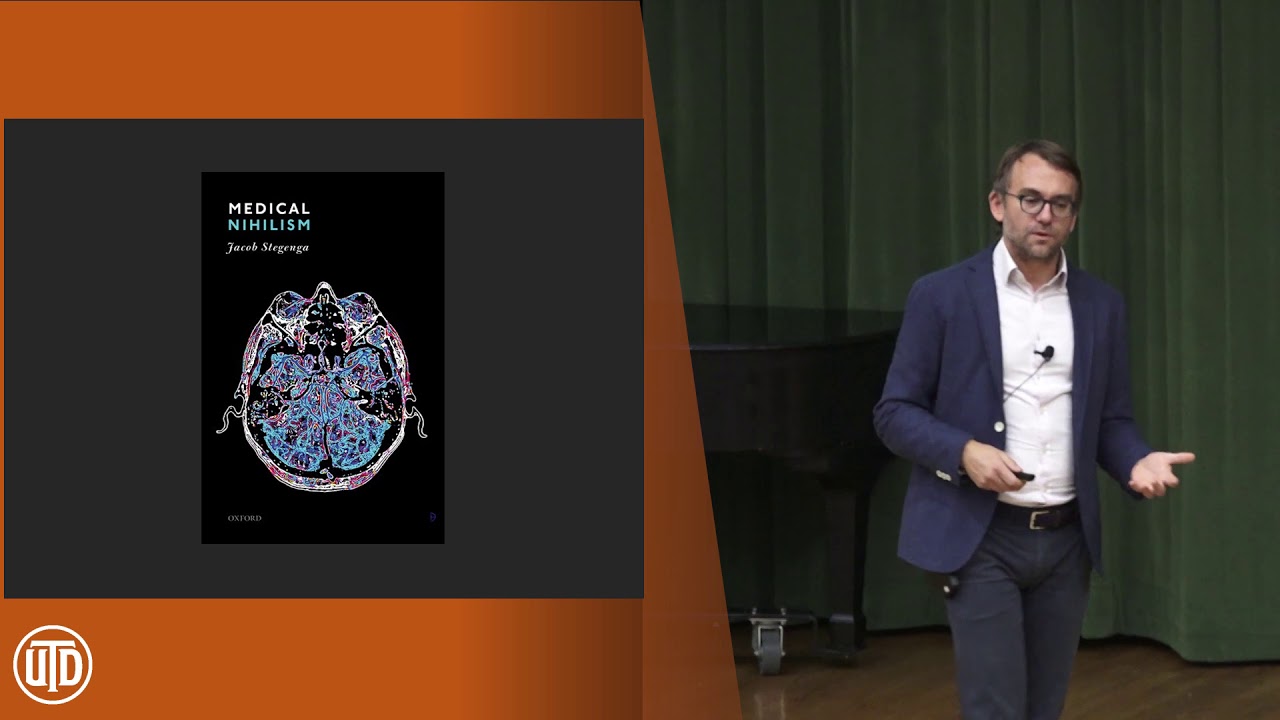In a thesis he calls medical nihilism, Dr. Jacob Stegenga argues that society’s confidence in the effectiveness of medical interventions ought to be low. Stegenga points to bias and malleability in medical research, the ubiquity of tiny effect sizes from the best studies, and the thin theoretical basis of many interventions. After describing the arguments for this position, he will discuss what medical nihilism entails for clinical practice, medical research, and regulation. As an alternative, Stegenga suggests that “gentle medicine” is a better course -- that is, a less aggressive clinical practice. He says the aims and priorities of medical research should be reconfigured and that regulatory standards should be strengthened. This lecture was recorded on Wednesday, October 30, 2019.
00:00 - [Introduction]
07:35 - [Medical nihilism]
12:55 - [Evidence and confidence]
17:10 - [Biased research]
24:30 - [Small effect sizes]
29:20 - [Few magic bullets]
35:45 - [Most important medical discoveries since 1840]
38:15 - [Objections to medical nihilism and presentation of gentle medicine]
48:25 - [Q and A]
Great lecture--thank you for sharing! The broad strokes are in line with my personal views, which are particularly informed by the views of medical professionals I know and how non-interventionist they are for themselves and their families. Stetenga obviously provides more rigorous and well-structured evidence; I was particularly shocked by some of the statistics on small effect sizes (you'd never guess that there was only a 5% reduction in cancer mortality between 1950 and 2005 from all the talk of state-of-the-art ludicrously expensive cancer drugs), and I admire the elegance of the probability theory argument. Might have to check out his book to learn more.
I found a YouTube link in your post. Here are links to the same video on alternative frontends that protect your privacy:

